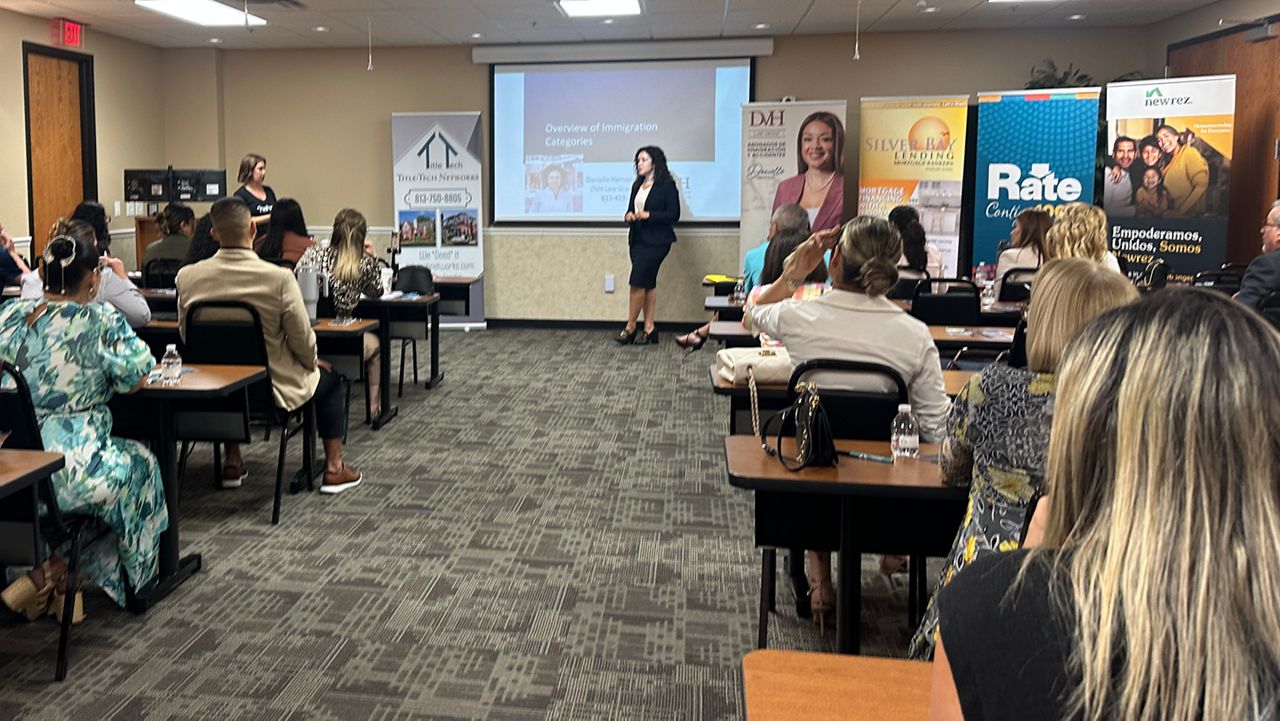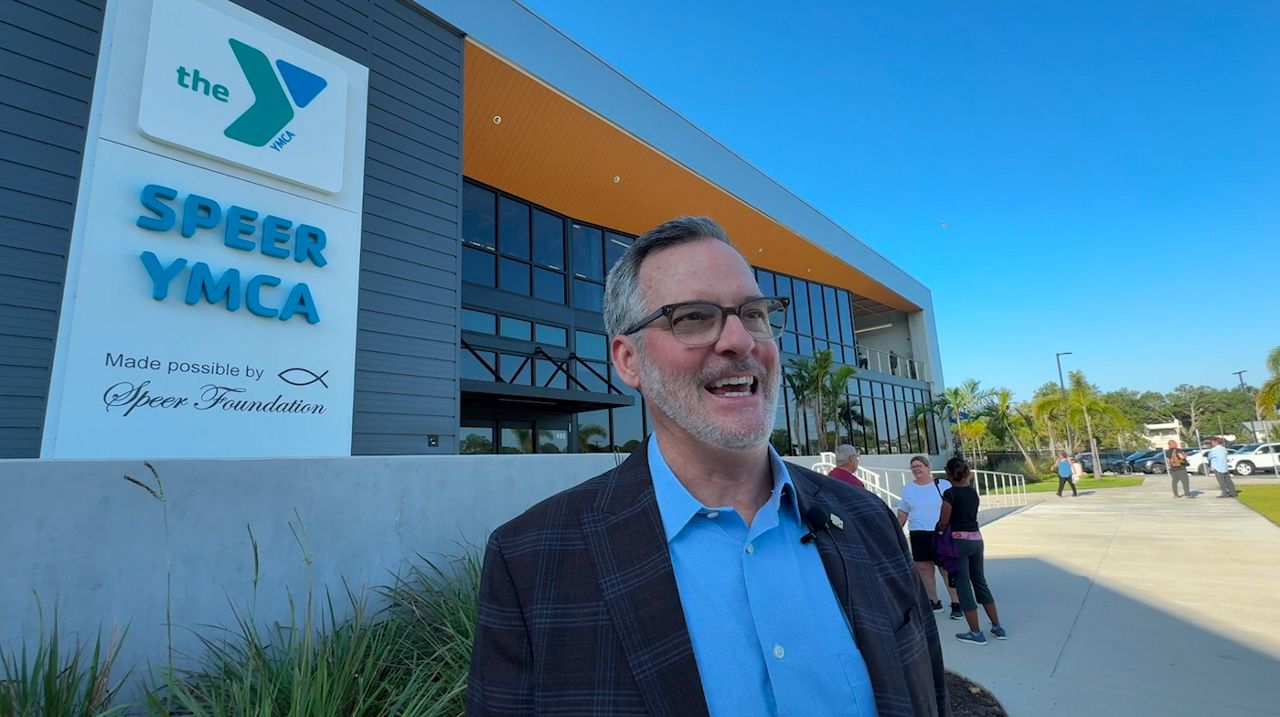ORLANDO, Fla. — According to the Florida Housing Coalition, Florida is now one of the most expensive places to live in the country. For every 100 low-income renters in the state, only 24 affordable units are available.
This has made affordable housing a major concern. The nonprofit conducts a study every year to monitor progress in addressing the problem.
“I like to call it our report card for how we are doing as a state,” said CEO Ashon Nesbitt.
According to the Coalition’s 2024 Home Matters Report, Floridians are still facing unique challenges regarding affordable housing.
“For a lot of our history, you know, our housing markets have been driven largely in part by, you know, population growth and folks moving here from other places,” said Nesbitt. “That has a bigger impact on our housing markets, whereas other places is more kind of driven by the local population, the local job market.”
The report indicates that more than 2.4 million low-income Florida households are “cost-burdened,” meaning that over 30% of their income is spent on housing-related costs. Of those, 1.3 million are considered “severely cost-burdened,” as they spend over 50% of their income on housing-related costs.
Experts suggest that it is challenging to save for retirement or emergencies and afford necessities such as food and childcare. Nesbitt also mentions that housing significantly impacts mental and physical health.
“By producing those housing units that are more affordable, preserving them, you know, what that does for those individual households?” said Nesbitt. “It creates housing stability, you know, stabilizing communities. You know, there’s a lot more that can be done. You know, folks can have better education, and they can better address, you know, health issues.”
He says more than 176,000 privately owned affordable housing units could be lost in the next year due to expiring agreements with owners likely to raise the rent. The coalition has a new dashboard to help policymakers understand the impact.
“Folks will be surprised that someone, a certified nursing assistant who’s worked hard and got a certification and is making a decent income, is still considered a low-income person, you know, in our community and is experiencing housing cost burden.”
The report highlights the shortage of affordable rental units for extremely low-income renters, particularly in Florida. It emphasizes that no community in the state offers enough housing for this group, which mainly consists of minimum-wage workers, retirees, and individuals with disabilities. The Coalition’s new Housing Ecosystems Map monitors successful strategies and fosters collaboration to identify solutions.
“I think it’s an opportunity for everyone to come together,” Nesbitt said. “We need all ideas. We need everybody here kind of thinking through different ways that we can we can tackle this issue. It is the issue of our time.”
Nesbitt emphasizes the importance of acting promptly to ensure people have a roof over their heads.











